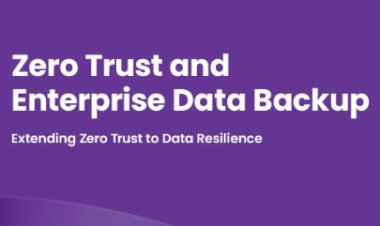Harnessing The Power Of Data Tools In The IT Business

In today’s data-driven world, businesses are inundated with vast amounts of information generated from various sources, including customer interactions, transactions, and IoT devices. To extract actionable insights from this deluge of data, IT businesses rely on a diverse array of data tools and technologies.
Data tools encompass a wide range of software applications and platforms designed to collect, store, analyze, and visualize data. These tools play a crucial role in enabling businesses to make informed decisions, optimize processes, and gain a competitive edge in the market.
One of the fundamental components of the data tool arsenal is the database management system (DBMS), which provides a structured framework for storing and retrieving data. From traditional relational databases to modern NoSQL and NewSQL solutions, DBMS platforms offer scalability, performance, and flexibility to meet the diverse needs of businesses.
In addition to DBMS, businesses leverage data integration and ETL (extract, transform, load) tools to consolidate data from disparate sources and formats into a unified repository. These tools automate the process of data ingestion, cleansing, and transformation, ensuring data quality and consistency across the organization.
Furthermore, analytics and business intelligence (BI) tools empower businesses to derive actionable insights from their data, enabling advanced reporting, predictive analytics, and data visualization. With intuitive dashboards and interactive visualizations, decision-makers can gain valuable insights into key metrics, trends, and patterns, facilitating data-driven decision-making.
Moreover, machine learning and AI-powered tools are revolutionizing the way businesses leverage data, enabling predictive modeling, anomaly detection, and personalized recommendations. By harnessing the power of algorithms and statistical techniques, businesses can uncover hidden insights and drive innovation in areas such as customer experience, product development, and risk management.
Looking ahead, the landscape of data tools will continue to evolve, driven by advancements in AI, cloud computing, and data governance. As businesses strive to unlock the full potential of their data assets, investing in the right mix of data tools and technologies will be essential to staying ahead in the competitive IT landscape.



















